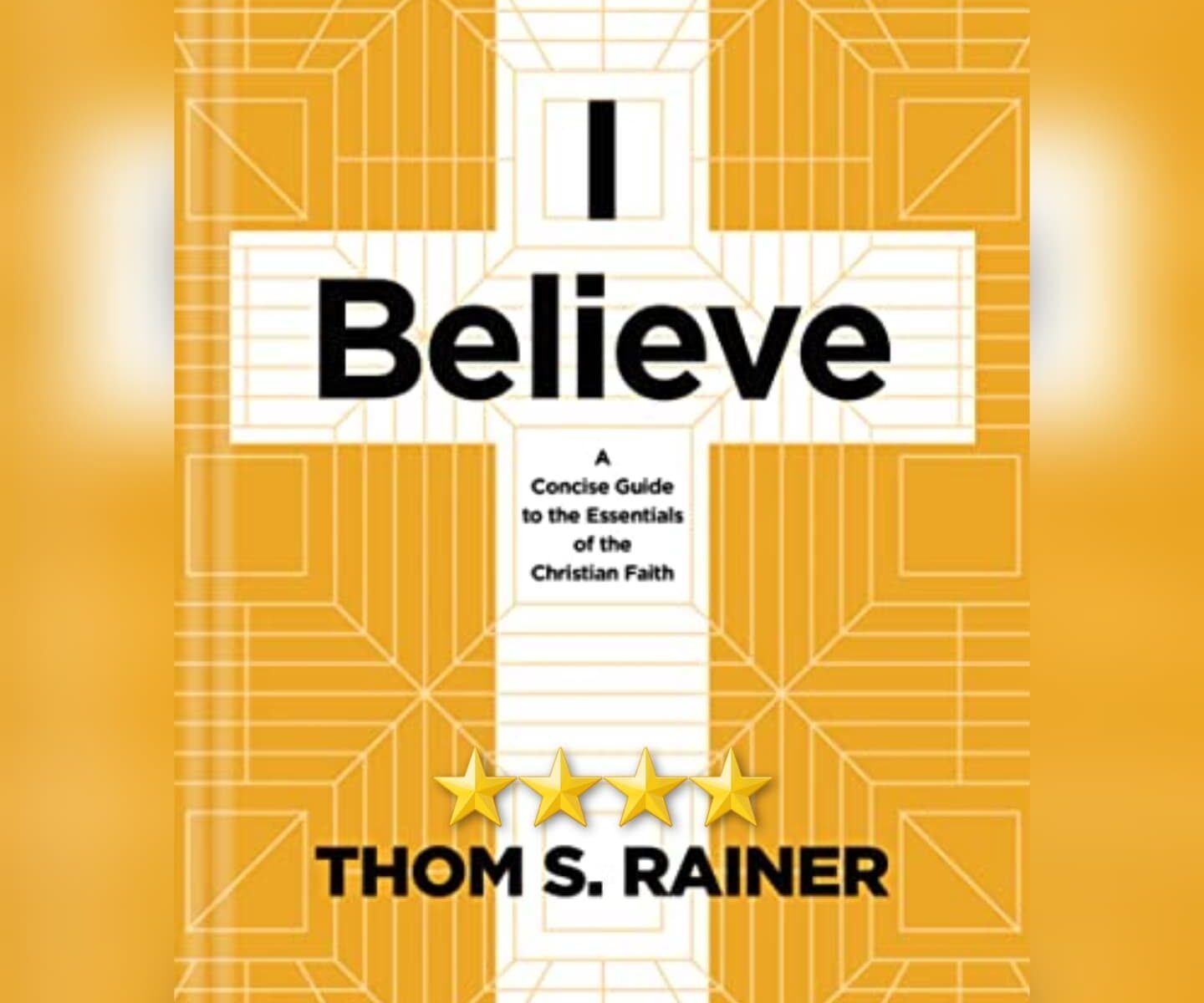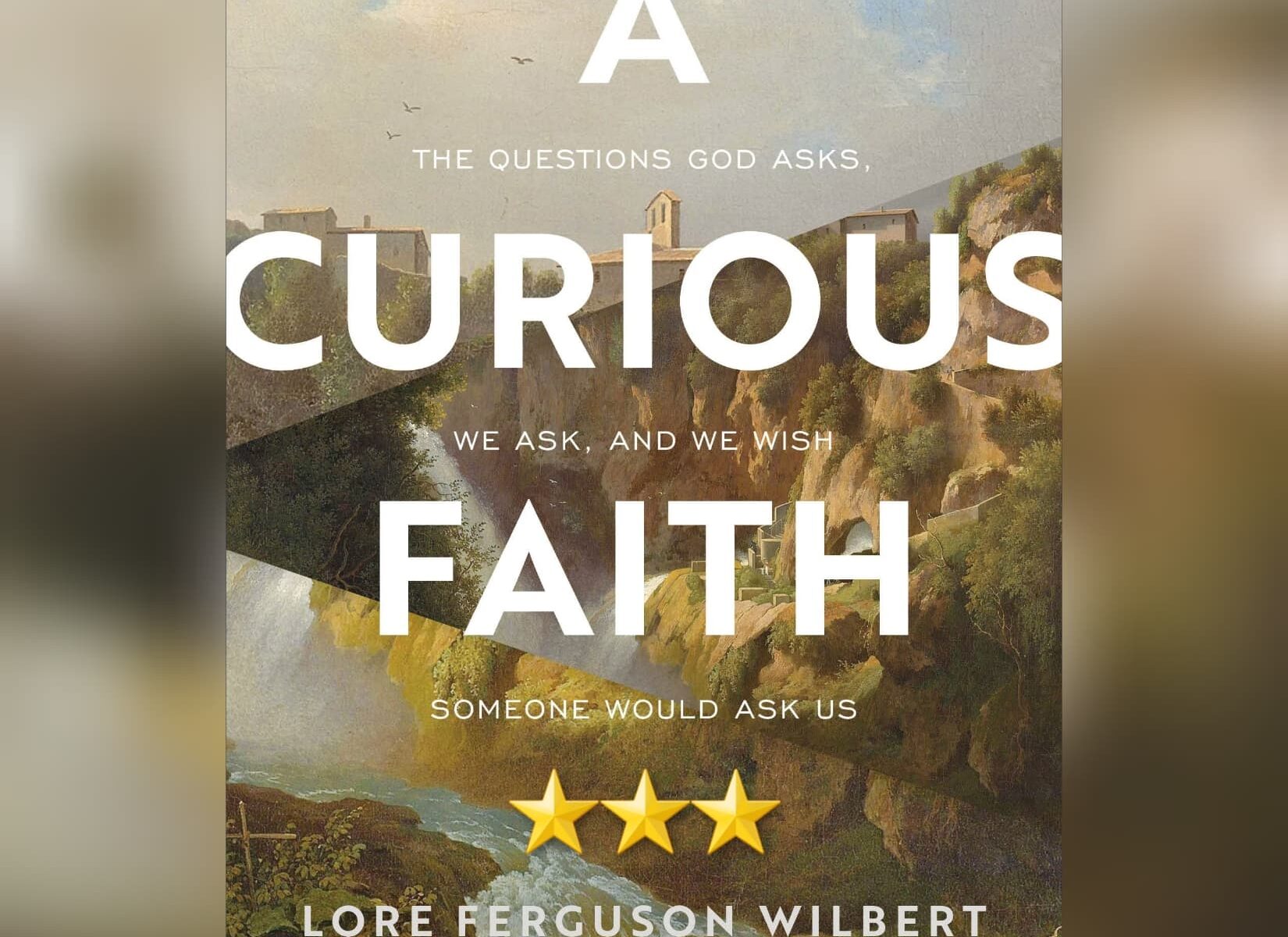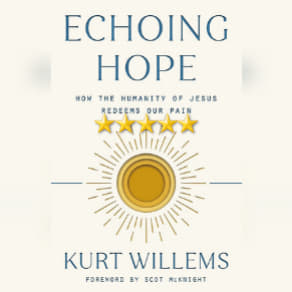Solid (Within Author’s Worldview) Short Guide To Fundamentals Of Christian Faith. This book really does do what it sets out to do – lay out what Christians generally believe and at least some reasoning as to why they believe it. It doesn’t get too heavily into the things that split off the various sects and denominations such as baptism or saints, and even when it touches on End Times discussions, it lays out the basic thinking of each of the different ways of thinking about the topic. And it does it in a fairly concise manner, covering a wide range of topics with fairly short chapters and clocking in as a whole at less than 200 pages – which is truly remarkable given its full breadth of discussion. More extreme liberal Christians may have more issues with the points here, as Rainer explicitly has a chapter about God the *Father*, and a few other quibbles here or there based on that thinking – which Rainer, given his more conservative Baptist background, doesn’t dive into so much. Other potential attacks from Christians could include Rainer’s focus on the Bible as the “Word of God”, despite John 1:1 being quite clear that *Jesus Christ* is the “Word of God”, not the Bible, and Rainer’s frequent references to the Pauline epistles as defense of some of his claims – which anyone familiar with the Parable of Marvin Snurdley (from Frank Viola’s Pagan Christianity) – will likely question.
All of the above noted, the sole reason for the sole star deduction here is the frequent- beginning seemingly literally on Page 1 – use of “proof texting” – citing a Bible verse out of context in defense of some claim or another. I have been quite adamant in waging a one-man war against the practice, and the single star deduction is really the only “weapon” I have with which to wage my war. Thus, I apply it any time a book uses the practice.
Ultimately though, this truly is a solid view of the fundamentals of Christianity, given the caveats of the author’s own worldview, and is truly a solid resource for anyone seeking to understand the basic tenets of the general faith for any reason. Very much recommended.
This review of I Believe by Thom S Rainer was originally written on October 8, 2022.



